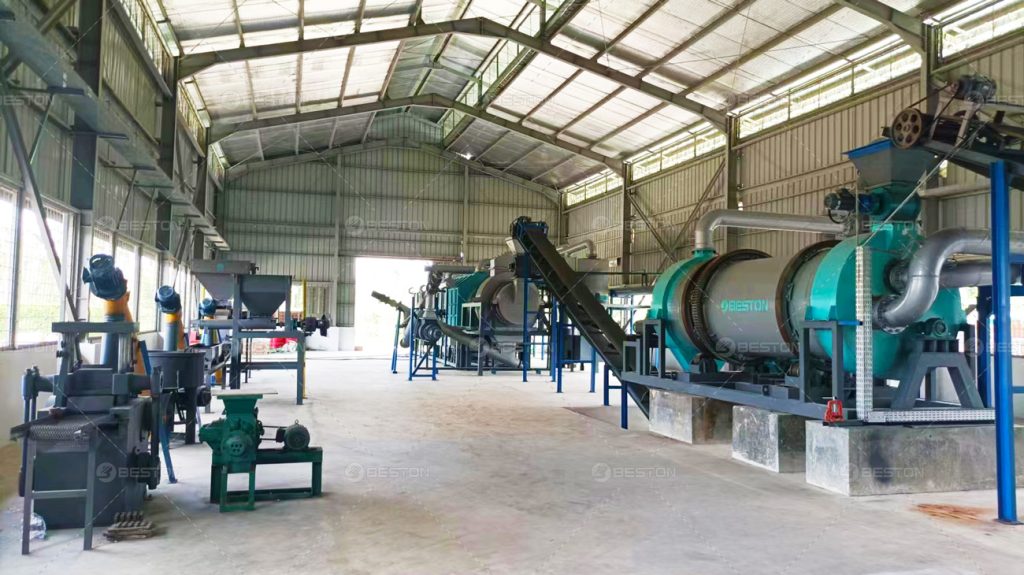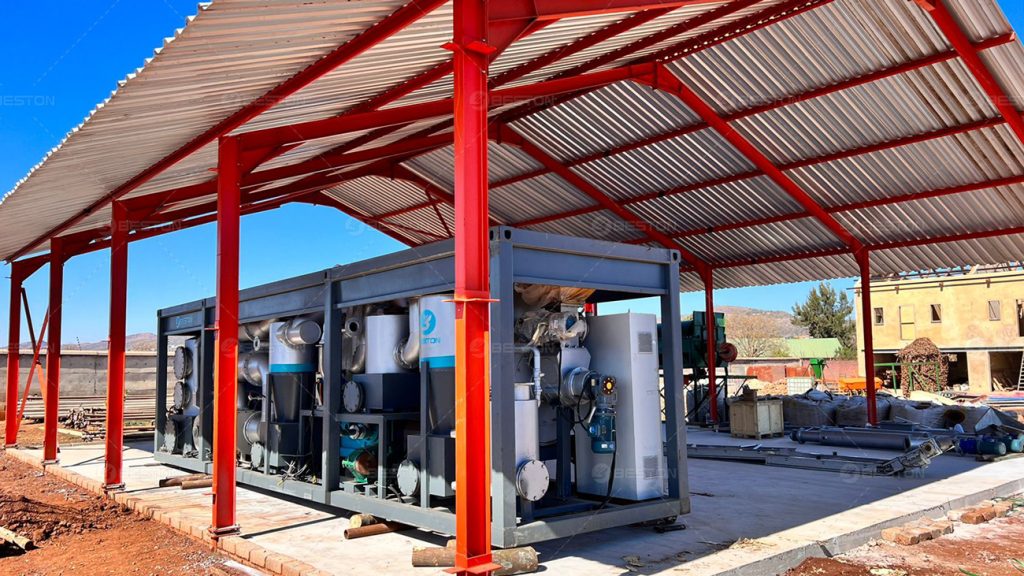Investing in coconut shell charcoal machine projects presents a promising opportunity for entrepreneurs and investors seeking lucrative ventures in the renewable energy sector. With the increasing demand for sustainable alternatives to traditional charcoal and the abundance of coconut shell waste, these projects offer attractive prospects for long-term profitability and environmental impact. In this comprehensive analysis, we explore the key factors driving the investment potential of coconut shell charcoal production projects.

Market Demand and Trends
The market demand for coconut shell charcoal has been steadily increasing due to growing awareness of environmental sustainability and the benefits of using renewable energy sources. Consumers are increasingly seeking eco-friendly alternatives to conventional charcoal derived from unsustainable sources such as timber. As a result, the demand for coconut shell charcoal, known for its high calorific value and low ash content, has surged in various industries, including cooking, metallurgy, and pharmaceuticals. You can consult Beston Group Co., Ltd. for the best solution.
Abundance of Raw Material
Coconut shell waste, a by-product of the coconut processing industry, serves as the primary raw material for charcoal production. With coconut production centers located primarily in tropical regions such as Southeast Asia, Africa, and Latin America, the availability of coconut shell waste is abundant and consistent throughout the year. This abundant and renewable resource ensures a steady and reliable supply chain for coconut shell charcoal production projects, reducing dependence on finite resources and mitigating supply chain risks.
Advanced Technology and Equipment
Investing in coconut shell charcoal machine equipped with advanced technology and equipment enhances production efficiency and product quality, thereby increasing the competitiveness of charcoal production projects. Modern machines employ innovative carbonization techniques such as pyrolysis and gasification, which optimize the conversion of coconut shell waste into high-quality charcoal while minimizing energy consumption and emissions. Additionally, integrated automation systems streamline production processes, reduce labor costs, and improve overall operational efficiency.
Value-added Products and Applications
Coconut shell charcoal production projects offer opportunities to diversify product offerings and cater to niche markets by producing value-added charcoal products. These may include activated carbon, charcoal briquettes, and biochar, which find applications in water purification, air filtration, and soil amendment, among others. Diversifying product lines not only enhances revenue streams but also increases market resilience and reduces dependence on volatile commodity markets.
Environmental Sustainability
Investing in coconut shell charcoal production projects aligns with environmental sustainability goals by promoting the use of renewable resources and reducing reliance on fossil fuels. Coconut shell waste, which would otherwise be discarded or burned, is repurposed into valuable charcoal products, thereby mitigating environmental pollution and contributing to carbon sequestration. Additionally, coconut shell charcoal production projects adhere to strict environmental regulations and standards, ensuring responsible and sustainable operations.
Cost Competitiveness
While initial investment costs for coconut shell charcoal machine may be significant, the long-term cost competitiveness of charcoal production projects often outweighs the upfront expenses. Coconut shell waste, being a readily available and low-cost raw material, helps reduce production costs compared to charcoal production from other sources. Moreover, advancements in technology and process optimization further enhance cost efficiency by maximizing resource utilization and minimizing waste generation.
Economic Viability and Returns
Coconut shell charcoal production projects offer attractive returns on investment and long-term profitability prospects. With growing market demand and favorable market conditions, these projects generate stable revenues and strong cash flows over time. Additionally, the versatility of coconut shell charcoal products allows for flexible pricing strategies and market positioning, enabling project investors to capture value along the supply chain and maximize returns on investment.
Government Support and Incentives
Many governments around the world are incentivizing renewable energy projects, including coconut shell charcoal production, through various financial incentives, tax breaks, and subsidies. These incentives aim to encourage private sector investment in sustainable energy initiatives, promote economic development, and reduce greenhouse gas emissions. By leveraging government support programs, investors can mitigate investment risks, improve project economics, and enhance overall project viability.

Risk Mitigation Strategies
Despite the promising prospects of coconut shell biomass pyrolysis machine, investors should be mindful of potential risks and implement appropriate risk mitigation strategies. These may include diversifying raw material sourcing, securing long-term supply contracts, hedging against commodity price fluctuations, and implementing robust quality control measures. Additionally, conducting thorough feasibility studies, market analyses, and risk assessments prior to investment decision-making can help identify and mitigate potential risks effectively.
Conclusion
In conclusion, the investment prospects of coconut shell charcoal production projects are highly favorable, driven by growing market demand, abundant raw material availability, technological advancements, and environmental sustainability goals. By capitalizing on these factors and leveraging advanced coconut shell charcoal machines, investors can establish profitable ventures that contribute to renewable energy generation, environmental conservation, and economic development. With careful planning, strategic execution, and adherence to best practices, coconut shell charcoal production projects offer promising opportunities for sustainable growth and investment success in the years to come.